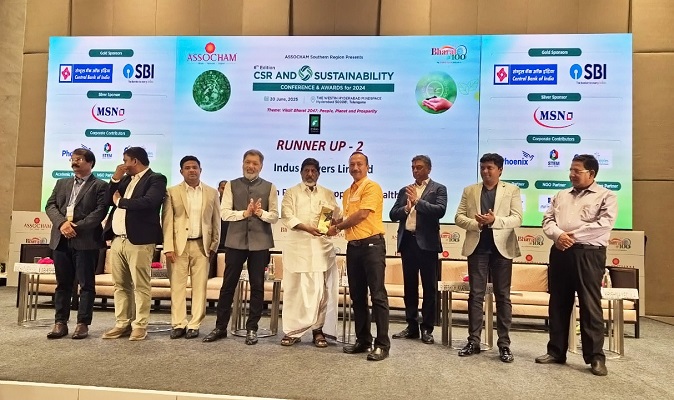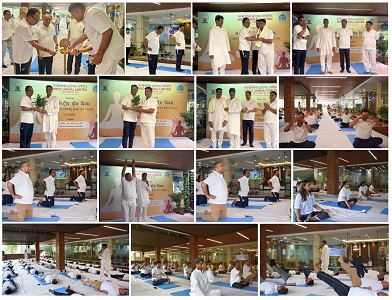Indian Bureaucracy, Guwahati, June 24, 2025 | In Assam, a state long defined by its lush landscapes and complex challenges, a quiet revolution is taking shape under the steady hand of Ashwani Kumar, a 2010-batch Indian Administrative Service officer leading the Directorate of Information Technology, Electronics and Communications (DITEC). Kumar, an IIT Madras electrical engineering graduate with a career spanning urban development, human resources, and district administration, is channeling his belief in technology and public policy into a new internship program that aims to transform Assam’s digital landscape by empowering its engineering students.
Kumar’s vision is rooted in a simple conviction: nobody understands Assam’s land, culture, and struggles like its own people, and nobody is hungrier to forge a better future than its youth. “The IT revolution is unavoidable,” Kumar said in an interview, his tone pragmatic yet hopeful. “If we can marry local insight with young ambition, we can build systems that deliver smarter public services—more transparent welfare, fewer leakages.” His initiative seeks to harness this dual force to drive Assam toward a tech-driven future.
Launched this year, the program targets B.Tech students in electronics, computer science, or information technology from AICTE-approved colleges across Assam. For four to eight weeks, interns at DITEC’s bustling Guwahati headquarters dive into live government projects, from digital governance platforms to IT solutions for public services. Working alongside senior officials, they test classroom theories against real-world problems, offering fresh ideas shaped by their deep connection to the state.
The program isn’t just about padding resumes—it’s a calculated move to build a tech-savvy workforce that stays in Assam. It equips students with cutting-edge tools, sharpens their problem-solving, and fosters innovation tailored to local needs. For rural and underrepresented students, it’s a rare shot at visibility and confidence, amplifying voices often drowned out in India’s urban-centric tech scene. Assam’s technical institutes, too, gain a brighter spotlight as their students’ work garners recognition.
Kumar’s initiative also bridges academia and industry, identifying talent early through hands-on tasks while fostering government-academia ties. It supports Assam’s digital ambitions cost-effectively, with interns contributing to projects at minimal expense. By encouraging entrepreneurial thinking and exposing students to product design, the program plants seeds for innovation, nurturing a generation ready to fuel Assam’s goal of becoming a technology hub.
Critics note the program’s scale remains modest, with only a few dozen interns per cycle, and scaling it to meet Assam’s vast needs will require more resources. Yet Kumar remains undeterred, seeing it as a foundation for long-term change. “Policy works when it’s practical and rooted in people,” he said. “These students are Assam’s future.”
In a state where brain drain has long siphoned talent to India’s metros, Kumar’s program sends a clear message: Assam’s digital destiny lies in the hands of its own youth, guided by leaders who know the land as well as they do.
IndianBureaucracy.com wishes Shri Ashwani Kumar the very best.





